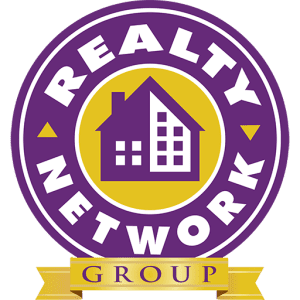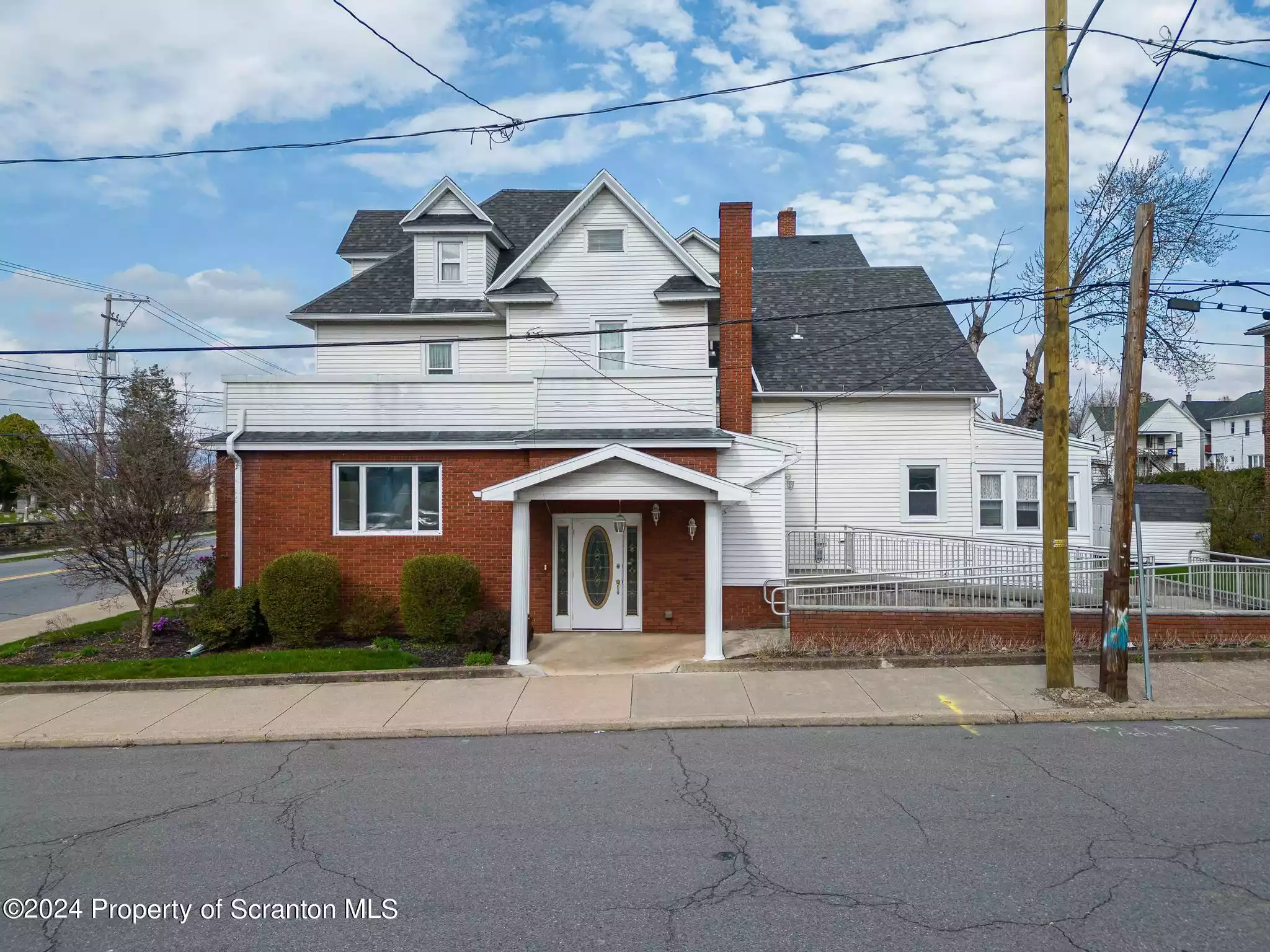Commercial Property in Lackawanna County, Pennsylvania
Lackawanna County is located in the northeast part of Pennsylvania and is one of 67 counties in the state. The county has an area of 464 square miles. Lackawanna County was named after the Lackawanna River. As of 2020, the county population exceeded 215,000. Scranton is the county seat. Some of the commercial businesses include retail and department stores, medical and pharmaceutical services, restaurant and entertainment, social services and many more. Find your ideal commercial property through the listings below, contact one of our agents or sign up for our newsletter to be notified promptly about any of our upcoming listings.
Loans, Grants & Tax Benefits for Businesses in Lackawanna County
There are a number of great benefits in Lackawanna County for businesses. If you’re beginning new construction or looking to expand your operations, the Local Economic Revitalization Tax Assistance Program offers a 10-year, 100% tax abatement on owner improvements to businesses inside the city of Scranton. Additionally, the Revolving Loan Fund makes loans to businesses that can’t otherwise obtain traditional bank financing.
Frequently Asked Questions (FAQs)
What are the key differences between a residential and a commercial loan?
Residential loans:
- Mortgages are typically made by individuals or LLCs
- Payments shouldn’t be more than 28-30% of the individual’s earnings
- It’s not uncommon to see loan-to-value (LTV) ratios approaching 100% with loan options such a FHA being a popular choice for homebuyers
- Though adjustable rate mortgages do exist, the majority of residential loans have the debt repaid to the bank in regular installments over a period of time
Commercial loans:
- Mortgages are generally made by business entities (i.e. corporations, limited partnerships, trusts)
- The bank will look at the debt-service coverage ratio (DSCR) to make sure the property can earn what it owes, at least a 1:1 ratio
- Lenders usually require LTV ratios lower than 80%
- The amortization period is often longer than the term of the loan, which is commonly five years or more
How long are commercial real estate loans?
Commercial real estate loans range from 5-to-10 year terms, but are amortized up to a 25-year term. The longer the loan term, the less the monthly payment. However, a longer loan term means greater interest costs associated with the loan.
In a situation where a 5-year term was taken for a commercial loan (amortization period of twenty-five years), the investor would make monthly payments over the course of five years based upon the loan being paid off over twenty-five years. At the end of the five years, one balloon payment would need to be made in order to pay off the remaining balance of the loan in full.
How long does it take to close on a commercial property?
With the complexity involved with commercial real estate loans, it usually takes around three or four months to close on a typical commercial loan. Quicker deals can come together between 75 and 90 days to close on a commercial property.
As an investor, make sure you have sufficient time for due diligence. A period of time for completing inspections, investigating intended use, among other things should be accounted for during your due diligence period. Before setting a closing date, the purchaser and their agent should consult attorneys (real estate/title), engineers, inspectors and any other professionals needed to see what availability they have in their schedule.
How long does an inspection take for a commercial property?
Inspections for commercial real estate deals can take anywhere from 1 to 6 hours in length, but usually take longer to schedule. The inspections may require multiple site visits to complete or do follow-up. It’s always best to ask the commercial property inspector what the timetable for a specific property would look like in order to complete the inspection.
What makes a commercial property purchase a good investment?
Commercial real estate purchases have the potential for higher returns than residential properties. Investors enjoy other perks like attractive financing options, flexible lease terms, equity appreciation, among other things.
Having a relationship with an experienced, commercial real estate professional is pivotal. Investors know having an advocate to assist them every step of the way through their deal will save them more than the agent’s services cost. He or she will help with your search, weeding through the various commercial real estate property types, finding a good investment, negotiating the price, terms and conditions.
Further explore this type of investment and continue to ask questions. Knowing these six tips for financing commercial real estate can also give you a clearer picture of what’s on the horizon.
Should I rely on a real estate professional in my search for acquisition of commercial property?
A residential real estate transaction has unforeseen obstacles that can arise in a moment’s notice and create havoc for a buyer, especially if the buyer doesn’t have a business relationship with a licensed agent. This undoubtably will cost the purchaser time and perhaps even money.
The same is true for commercial real estate. Investors should rely on professionals who understand the nuances of the commercial market. They should look to acquire one who has a particular skill set, especially if you’re targeting specific commercial investments (i.e. businesses, leases, warehouse space, office space, multiple multi-family units, retail space, industrial, among others).
In this venue, real estate should have a plan of action, even as early on as the search, including goals to be achieved along the way. A skilled professional knows the property types available and recognizes his client’s needs. They have an understanding of each transactional risk. They know market trends, how to negotiate well and on behalf of the consumer, and have mastered the process of buying, selling and leasing.
Relying on the services of a REALTOR® with these attributes is a smart play for anyone looking to invest in today’s commercial market.
What is a triple net lease (NNN) and how can it benefit me?
The triple net lease – one type of commercial lease – does have its advantages for a landlord/investor, and could potentially benefit the tenant too depending on their situation. Some argue this type of lease is ideal for landlords, as it’s a reliable source of income, yet doesn’t carry many overhead costs. In other words, it’s a low-risk, steady income-based commercial lease. With this arrangement, the property owner doesn’t usually play an active role in the management of the property. In addition to the base rent amount plus utilities, the tenant is responsible for covering the real estate taxes (N), the property insurance (N) and maintenance costs (N).
This rental amount is usually lower than other non-NNN leases in the market, because the tenant is taking on the brunt of responsibility with the property’s ongoing expenses. Obviously, there’s room for negotiation on the part of the leasee, since the tenant is assuming most of the risk on behalf of the landlord. Certain repair costs or utilities might be covered by the property owner in triple net leases. They might also be responsible for the structure itself, including the roof, and sometimes the parking lot. There’s variation in each NNN commercial lease.
For the tenant, NNN leases can allow for greater flexibility. They can customize their space onsite and have more liberty with the structure of the lease.
Search Commercial Property for Sale by City
Archbald Carbondale Clarks Summit Dickson City Dunmore Factoryville Jessup Moscow Old Forge Pittston Scranton Tunkhannock
Search Residential Property for Sale by City
Archbald Carbondale Clarks Summit Dickson City Dunmore Factoryville Jessup Moscow Old Forge Pittston Scranton Tunkhannock













